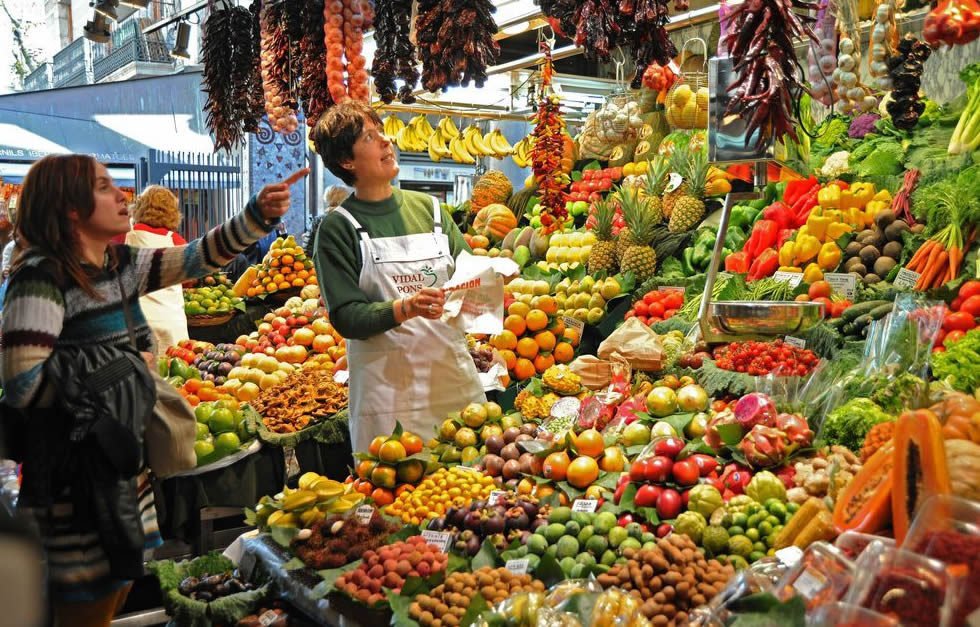Eat sensibly
This More Sustainable Schools micro-network kicked off this school year (2021-2022), coinciding with a very special event: Barcelona is the 2021 World Capital of Sustainable Food, besides being the host for the Milan Pact Global City Summit, a gathering of world cities and countries to promote sustainable, inclusive, resilient, secure and diversified agro-food systems, to ensure everyone has access to healthy food, with the aim of reducing food wastage, preserving biodiversity and, at the same time, mitigating and adapting to the effects of climate emergency.
Thanks to the Office of the Barcelona City Council Commissioner for Social Economy, Local Development and Food Policy, host of events and activities will be taking place, among which is this new school initiative.
Barcelona, as the World Capital of Sustainable Food, and continuing the projects intended to spread the sustainability culture, wants to drive the food transition by strengthening local economies and improving people’s health, as well as that of the planet. And that requires a cultural change in people, beginning with their food habits, fostering responsible consumption based on knowledge of and a critical awareness of the social, environmental and health impacts of the current food system. In fact, a handbook has recently been published on sustainable food in cities which has a lot of information on the need for this model and the role of cities in this process.

In this scenario you, the More Sustainable Schools, have a key role to play in transmitting and spreading this awareness as key figures among the agents for change in food consumption, either by leading the school dining-room to a healthier, fairer and more sustainable model or accompanying children, adolescents and the whole education community in a process of reflection and responsibility.
“Eat sensibly” is an educational initiative for working with students, educators in the dining-room, the teaching staff and everyone who is interested on issues as important as where food comes from, local produce, the value of farmers, conscious, fair and responsible consumption, food sovereignty and, finally, the impacts that the current model has on health, the environment and society, the existing alternatives and their benefits.
